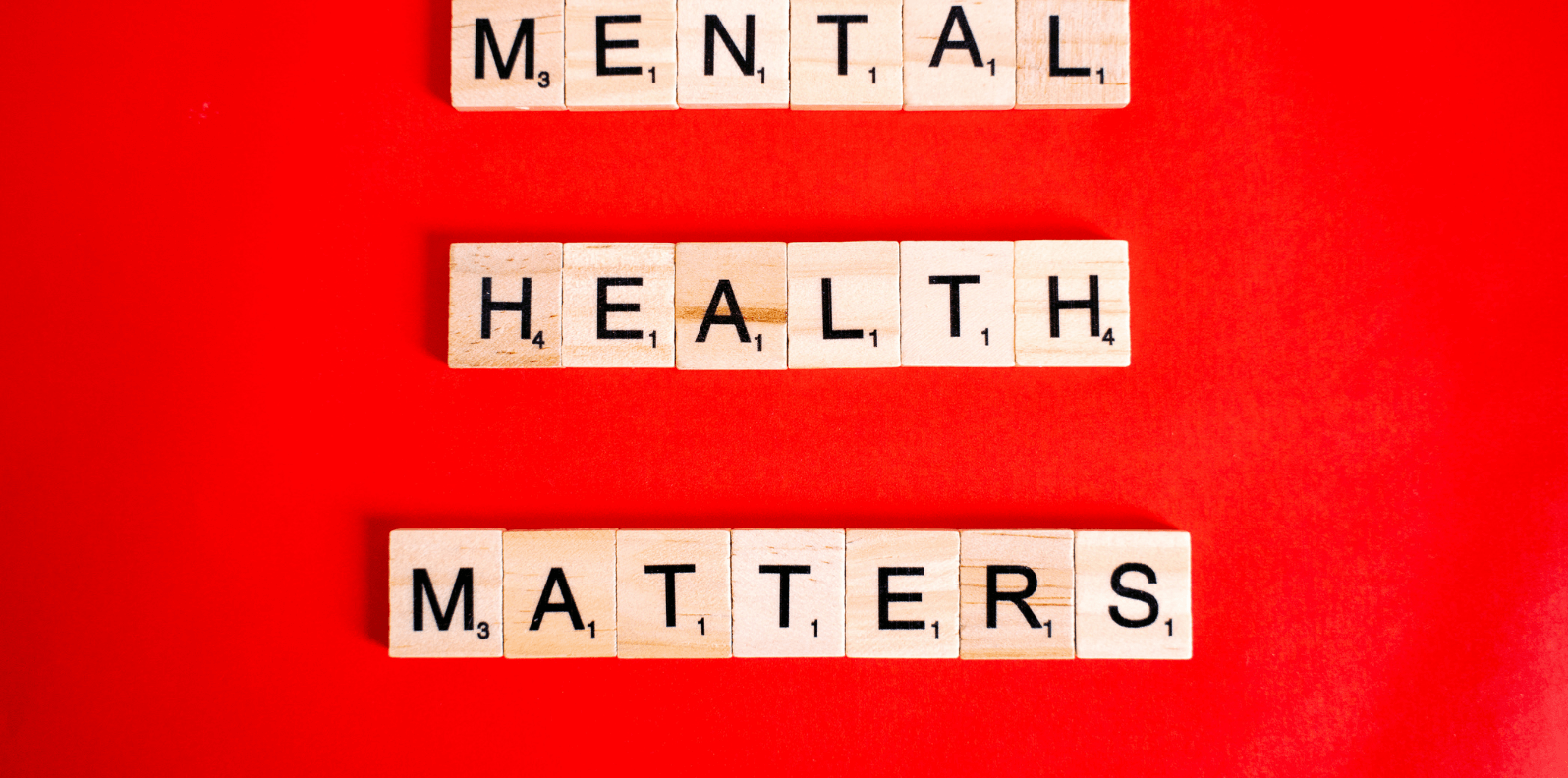Apr 16, 2024
6 min read
Boost Your Business with No-Credit-Check Financing
In the dynamic landscape of business expansion and seizing novel opportunities,...
Read story

When Simone Biles abruptly withdrew from several gymnastics events in the Tokyo 2020 Olympics to focus on her mental health, she shocked the world. But Biles isn’t alone. In May 2021, tennis legend Naomi Osaka withdrew from the French Open citing, the need to take care of her mental health.
In a statement, Simone Biles said, “I have to put my pride aside. I have to do what’s right for me and focus on my mental health and not jeopardize my health and wellbeing. That’s why I decided to take a step back.”
Biles’s decision to prioritize her mental health above competing for an Olympic gold medal serves as an important lesson to us all to recognize when we need a break and more importantly, to have the strength to admit it.
So how do you know when you need a work break, how should you spend your downtime, and why should you take one?
Signs That You Need a Break
If you find yourself working through lunch, skipping breaks, staying late every day, or struggling to log off while working from home, you’re putting yourself at risk for burnout and stress. It’s essential to your well-being that you recognize the signs and symptoms of needing a break to take care of your mental health. While everyone responds to stress differently, here are some of the most common signs that you may experience:
Ideas for Short Breaks
Sitting at your desk or on the couch for too long isn’t good for your physical or mental health. Make it a point to stand up once an hour, walk away from the screen, and stretch your legs. Even a short walk around the office or some light stretching can help get the blood flowing and improve your mood. If you find yourself forgetting to take breaks, try setting a timer. You can also spend time outside getting fresh air which can improve your mood and your focus. Go for a walk, a hike, or a bike ride. Or grab your lunch and eat outdoors while reading a good book. Aim for at least 20-30 minutes of fresh air a day.
When you’re feeling tired or run down, allow yourself to catch up on some rest and wake up when your body wants you to, not the alarm clock. If you find yourself chronically tired, try to make a habit out of going to bed 30-60 minutes earlier. You’ll wake up feeling well-rested, energized, and be better equipped to handle whatever stressors the day throws your way.
Shut down your computer, turn off your cellphone, and give yourself a break from technology. Try to have technology-free time during your ride to work or on your daily walk and enjoy the benefits of being fully present in the moment.
Journaling can help you manage stress and become more self-aware. Identifying your feelings and thoughts and writing them down will allow you to understand them more clearly. Journaling is a great way to relieve stress when you feel overwhelmed or just need to unwind and get your thoughts out.
Give your body and mind a physical break by prioritizing self-love. Take a hot bath, get a massage, go to the sauna, or set aside time to sit quietly and meditate. Even doing some simple deep breathing can calm your brain. Use whatever techniques work for you to help you relax and ease the physical tolls stress takes on your body.
Benefits of Taking Breaks
Taking a break is extremely beneficial to your health and your work performance. Studies have shown that taking breaks restores energy and mental resources and decreases the development of fatigue, sleep disorders, and cardiovascular disease. In addition, research has found that taking short, mini-breaks throughout the workday can help support your wellbeing and increase productivity.
Final Thoughts
Never be afraid to prioritize your mental health and overall wellbeing. Learn to recognize your body’s unique signs that you need a break and be sure to take one. After you’ve had time to relax and de-stress, you’ll return to work with renewed energy helping you stay focused and be more productive. Whether you’re the GOAT or don’t know the difference between the balance beam or the vault – you can achieve your mental health goals.
Additional resources for small business owners.

Apr 16, 2024
6 min read
In the dynamic landscape of business expansion and seizing novel opportunities,...
Read story

Apr 16, 2024
5 min read
The journey through the financial realm can be complex for those...
Read story

Mar 05, 2024
5 min read
Starting and growing a business requires immense working capital reserves, and...
Read story

A funding specialist will get back to you soon.
If you can’t hang on then give us a call at (844) 284-2725 or complete your working capital application here.